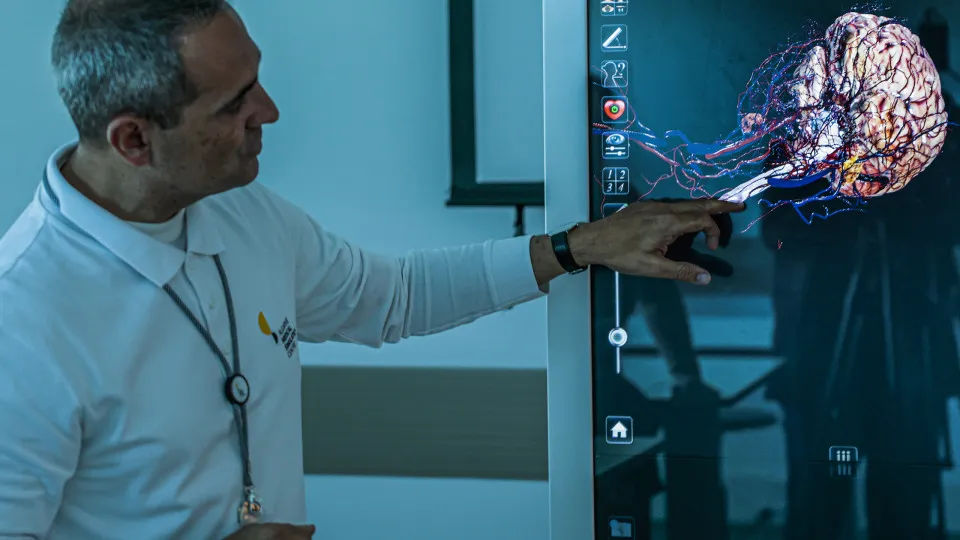
The Clinical Innovation Barometer 2025 highlights a distinct gap between intentions and actual capability, manifesting clearly in practice.
In medical faculties, over half of student associations believe the digital preparation of future doctors is insufficient, despite faculty leaderships ranking this as a very high priority.
Clinical Research Centers (CIC) in hospitals continue to face constraints due to management models that do not allow for autonomous team hiring or incentive definition, which the barometer says impairs international competitiveness.
The second edition of this barometer, for the first time, includes medical faculties, encompassing both faculty leaderships and student associations. The study engaged 48 hospital entities and 10 medical faculties in total.
In medical faculties, there is institutional appreciation for digital innovation, with all leaderships recognizing student preparation for the digital era as a high priority.
However, 56% of student associations rate this priority as low or moderate, indicating a “discrepancy between strategic discourse and pedagogical practice.”
There is consensus on including content like Artificial Intelligence, digital simulators, and clinical decision support systems, but only half of the faculties have progressed into more complex areas like Big Data and clinical data analysis.
Student preparation for digital practice is deemed moderate/good by 87% of faculty leaderships, but over two-thirds (67%) of student associations consider students to be poorly or only moderately prepared.
Faculty capacity building is also perceived as insufficient by a significant portion of students (44%).
Technological infrastructure, such as digital clinical simulation centers, is recognized in faculties, but there are limitations in emerging areas like telemedicine, cybersecurity, and digital ethics.
Perceptions on resource quality vary: 37% of faculty leaderships consider them adequate or fully adequate, while more than half (56%) of student associations rate them as poorly or moderately adequate.
Despite all faculties encouraging research and innovation projects, no student association acknowledges that the current training contributes to entrepreneurial skill development.
The main obstacle to integrating new digital topics is agreed upon: lack of time in curricula, cited by 75% of faculty leaderships and 78% of student associations.
Funding is not seen as a limiting factor, underscoring the urgency for curricular reorganization, according to barometer authors, presented by the business and technology consultant NTT DATA.
CICs remain highly valued by hospital administrations (67%) and maintain active collaboration with the pharmaceutical industry (75%).
However, interaction with patient associations and society remains “very limited,” affecting their visibility and social impact.
Decentralization of clinical trials and increasing public literacy continue to be undervalued areas with low investment.
The barometer also highlights that the 2024 directive, intended to bolster CIC autonomy, has not been fully implemented: 45% of centers do not plan to utilize the measures, and only five have initiated processes to become nonprofit private law associations, of which two have been approved.




